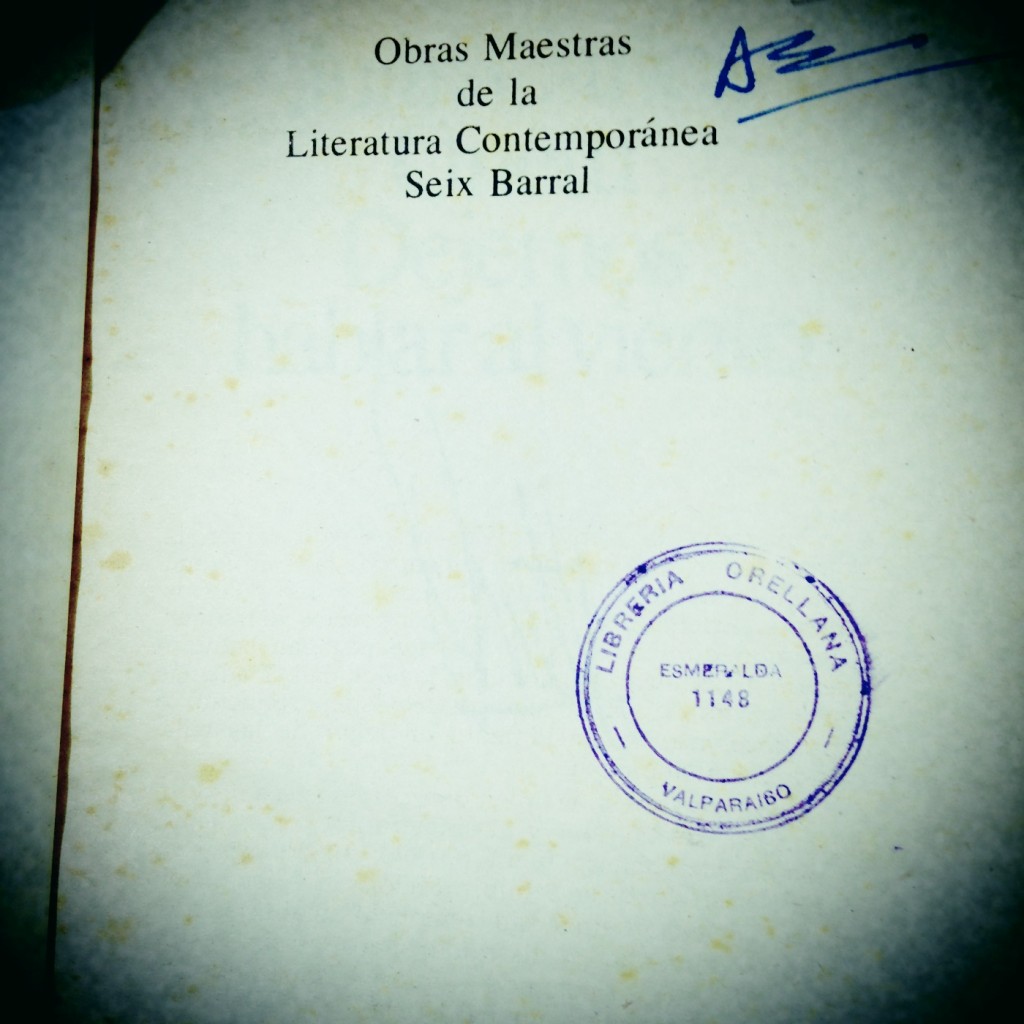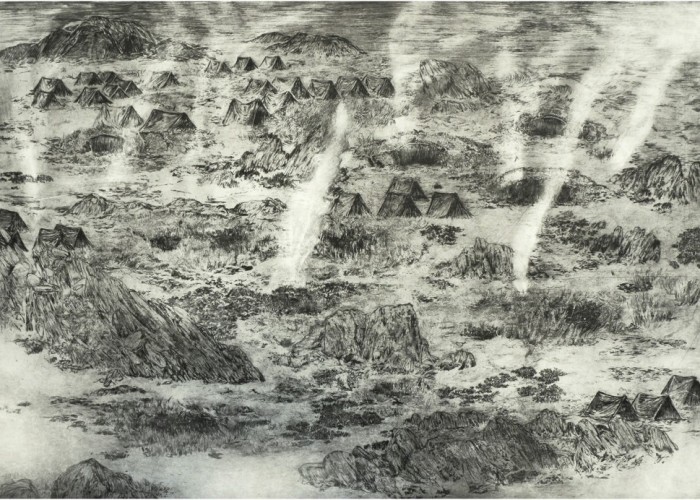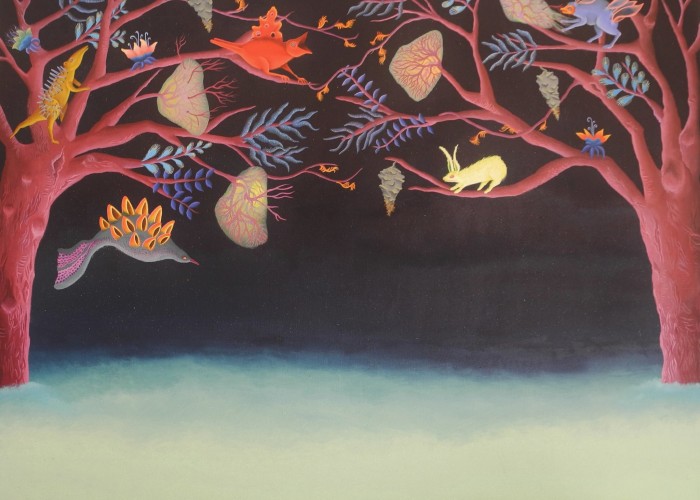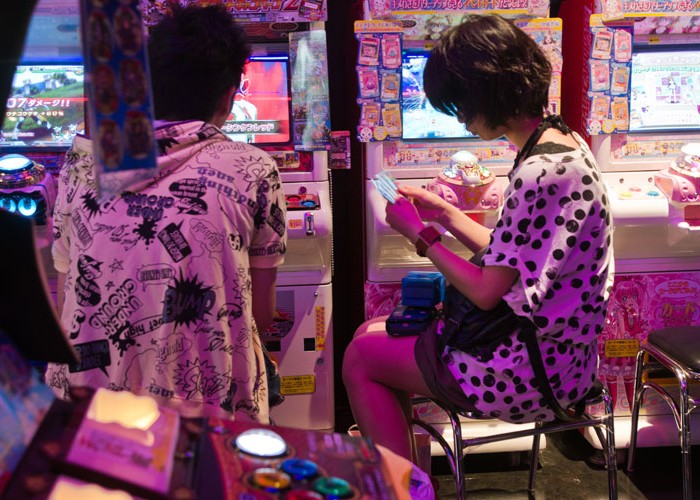Orellana [valparaíso]
Álvaro Bisama
translated by Julia Ostmann
My favorite bookstore is a ghost bookstore. It was called the Orellana and was located in the center of Valparaíso. It closed a couple of years ago. It just couldn’t hold out anymore. Its owners were an old couple that had been there since the mid-’50s or ’60s. He was tall and thin; she was tiny and wore thick glasses.
I never knew their names.
My grandmother had kept an account at the bookstore ever since it opened. My grandmother read a lot: in the house where I grew up, my parents’ books were mixed with hers. That library formed or deformed me. Many of those volumes came from the Orellana, easy to recognize thanks to a stamp on the first page. When my parents got paid at the end of the month, they would give me Astérix comics which came with that stamp, for me a sort of sacred mark. That stamp was in almost all of the Boom novels I read in my teens and in the literary theory manuals that had been on the shelves since the 1970s. I still leaf through those volumes, now scattered here and there, in my parents’ house and in mine, in the curves of my memory: Greek classics edited by Porrúa, books by Kayser, Wellek and Warren’s New Criticism publications translated by Gredos, editions of Droguett or Vargas Llosa from the 1960s.
The Orellana was not a museum, but it looked like one. Nothing ever seemed to move on the display tables; the bookcases revealed the geological layers of our literary styles. And that made the place reliable: They never got rid of anything. You could buy out-of-print things there, you could find on the shelves the same books that had been carried for decades. I remember that the bookstore’s science fiction section was terrific and that for years you could find Alianza’s old tomes by Kafka, Canetti, or Lovecraft.
Sometimes, I believe those stamps are time machines.
The bookstore survived more or less a half-century, in a city where all the others went bankrupt time and time again. In fact, since I can remember, hardly a single bookstore lasted very long in Valparaíso. The Orellana was there before them all, and it seemed that nothing was going to happen to it. Or that’s what I believed. I should have read the setting more carefully: Everything surrounding the bookstore had changed. During the past decade, the area (getting more and more touristy) had been overtaken by large department stores appropriating that corner-store aesthetic, the old soda fountains had become pubs, the clothing stores had mutated into Chinese importers; the noise of the buses turned everything intolerable. Perhaps that is the problem or the illusion that literature poses: the confidence that, in the moment when everything comes crashing to the ground, books can elegantly navigate any entropy.
I trusted in the Orellana’s survival almost instinctively. It was an illusion: At the beginning of 2011, when I returned to the area to write a feature about the Viña del Mar Festival, my mother and brother told me that the bookstore had closed. The reasons were what they always are—it wasn’t self-sustaining as a business, and it was better to sell the land, which was located in the city center, yards from the Cinzano, inches from the Plaza Aníbal Pinto, in the heart of every tourist route. When a fire started in the office next door, nothing happened to the bookstore. Nor did anything happen when the owners of the soda fountain on the other side turned it into an abominable restaurant-bar. I believe that events like these ended up confirming the mythic aura that enveloped the bookstore. It was a fragile myth, created to find the way back to a lost time.
Ghosts are mirages; they revoke the progression of time. The Orellana is one of my favorite ghosts. I like to think about ghosts: they are the echoes that we leave in the places we once inhabited, they are the memory of the books that we once saw on a display table and dreamed of reading and, although we never did, that we pretend occupy a space in our memories. The Orellana is a ghost, a landscape that is no more, a library that exists only in dreams.
* *
Librería Orellana – Avenida Esmeralda 1148 – Valparaíso, Chile
* *
Image: Álvaro Bisama
[ + bar ]
Zweifel
Martín Gambarotta Übersetzt von Timo Berger
Hier ist das Wasser anders, die Schuppenblätter
der Artischocken sind anders, alles ist
im Wesentlichen anders
aber der, der eine Flasche aus dem Kühlschrank fischt
und sie... Read More »
Trees at Night
Ramiro Sanchiz Translated by Audrey Hall
On the outskirts of Punta de Piedra, there is a bar a good distance beyond the last line of houses. From the untidy... Read More »
O único final feliz para uma história de amor é um acidente
Não posso vê‐la esta noite
Tenho que desistir
Então vou comer fugu
Yosa Buson (1716‐83)
1.
Antes do sr. Atsuo Okuda abrir a caixa, tudo estava... Read More »
Lions
Iosi Havilio translated by Andrea Rosenberg
And in the middle of the day came the night . . . Down the hill, all made of shadows, the Protagonist... Read More »








 sending...
sending...